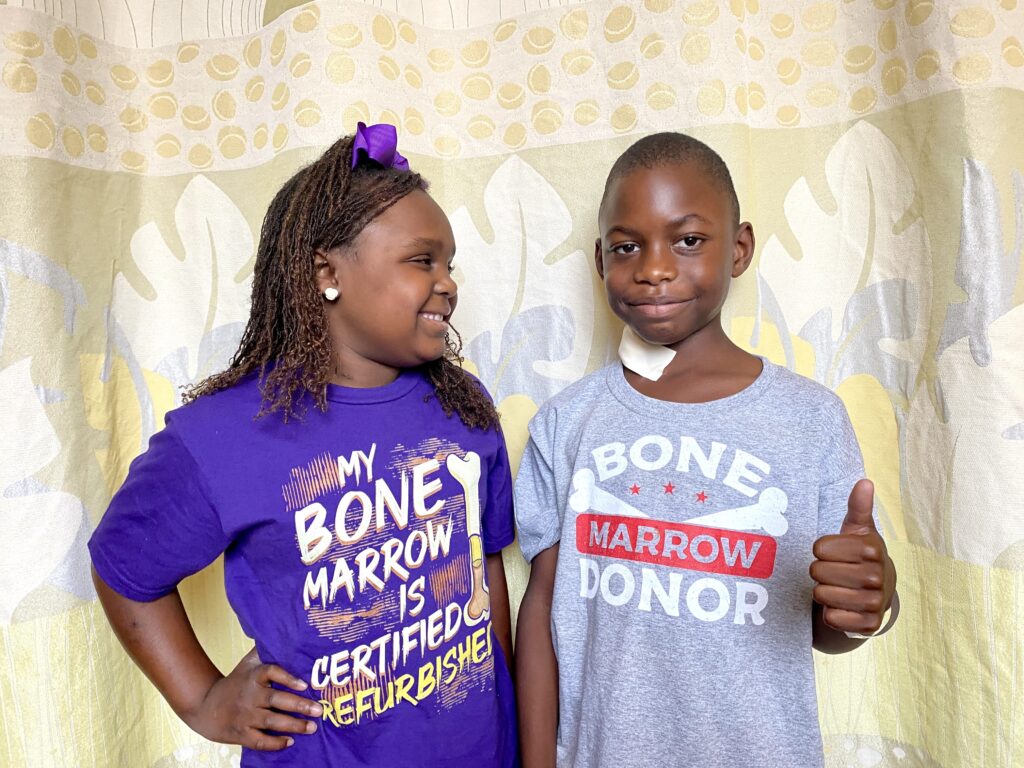Do you or someone you know have FA? Either way, you’re in the right place.
To find out more about how to make a difference in the fight against FA, email info@Kidz1stFund.com.

Fanconi anemia FAQs
FA (Fanconi anemia, named after the doctor who discovered it) is a rare disease, so it’s natural to have questions. So here, we’ll cover a few of the most common ones that kids diagnosed with FA or who have a friend with FA ask:
